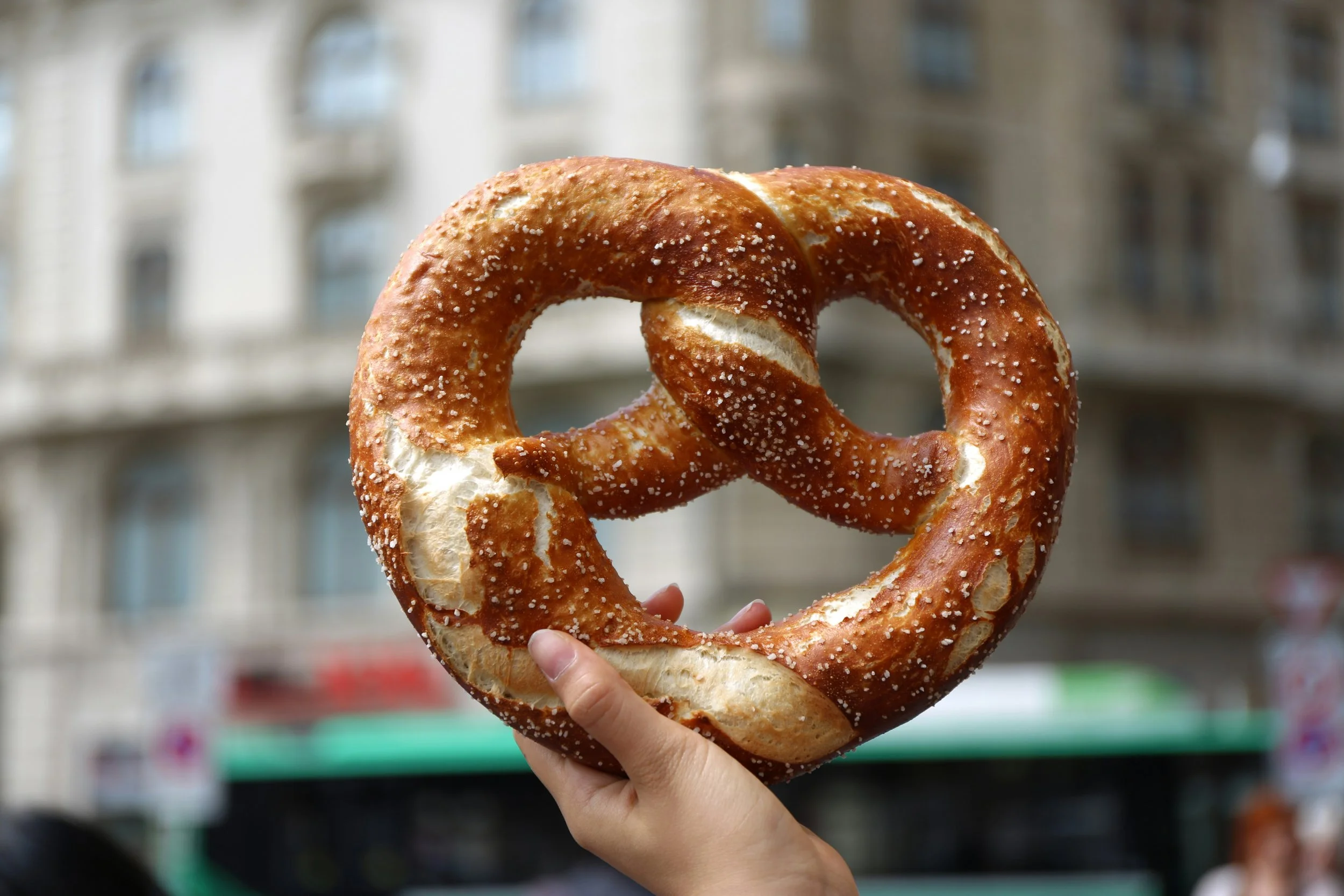Culture & Fit: How Penn's Behavioral Science Program Turns Instinct Into Evidence
I arrived at Penn with one suitcase and a copy of Thinking, Fast and Slow tucked under my arm. My head was full of plans to “nudge” the world for the better. Nine months later (after hundreds of Locust Walk power-walks and more soft pretzels than I care to admit), I flew back to Seoul talking about Bayesian priors and cracking jokes about flying toast at football games. My parents were stunned. However, the Master of Behavioral and Decision Sciences (MBDS) had done its job.
Why MBDS feels different:
The program is just a year long, but it squeezes in so many core courses such as Judgments & Decisions, Norms & Nudges, an intensive stats track, and a two-semester capstone that pairs us with companies or NGOs. Our cohort was over 100 students, most of whom were international Chinese students (although dozens of countries were represented). Every group project felt like a mini-UN session. Workshops with Wharton professors and the Center for Social Norms ensured that my classmates and I could test ideas on real data sets by October. One friend redesigned a hospital discharge form for Penn Medicine. I helped a Seoul fintech start-up curb impulsive spending.
Penn plays hard as well. It’s true that grad life is busy. However, I still learned to raise a “toast” at Franklin Field. We literally hurl slices of bread onto the turf between quarters. This 1970s tradition now sends tens of thousands of crumbs flying each game. In the spring, I joined undergrads for Hey Day. My friends and I chomped on a straw hat while juniors thumped canes and shouted themselves hoarse, a ritual dating back to 1916. These quirks break the pressure valve wide open after a week of regressions and policy memos.
I found family far from home
The Korean Student Association pulled me in when my homesickness was at its nadir with samgyupsal nights and a hoobae–sunbae mentoring chain that delivered both coding tips and red-ginseng tea during finals. Their motto was “community first, competition second”. This mirrored the way my MBDS teammates shared data and job leads.
The real transformation:
I entered Penn with the primary goal of consulting on marketing. At the end of the capstone, I was designing social-impact experiments for a public-health NGO and was convinced that evidence beats instinct every time. My personality was literally permanently altered for the better (and more scientific). MBDS didn’t just add a line to my résumé, but it rewired how I think and act. If your child comes home debating default effects at dinner or planning field trials in Busan, don’t be alarmed. At Penn, radical curiosity is the point as opposed to a mere side effect.
Kash Charania serves as Head of Growth and Associate Consultant, holding a degree in Behavioral Biology and Economics from Johns Hopkins University and an M.S. in Behavioral and Decision Sciences from the University of Pennsylvania.







